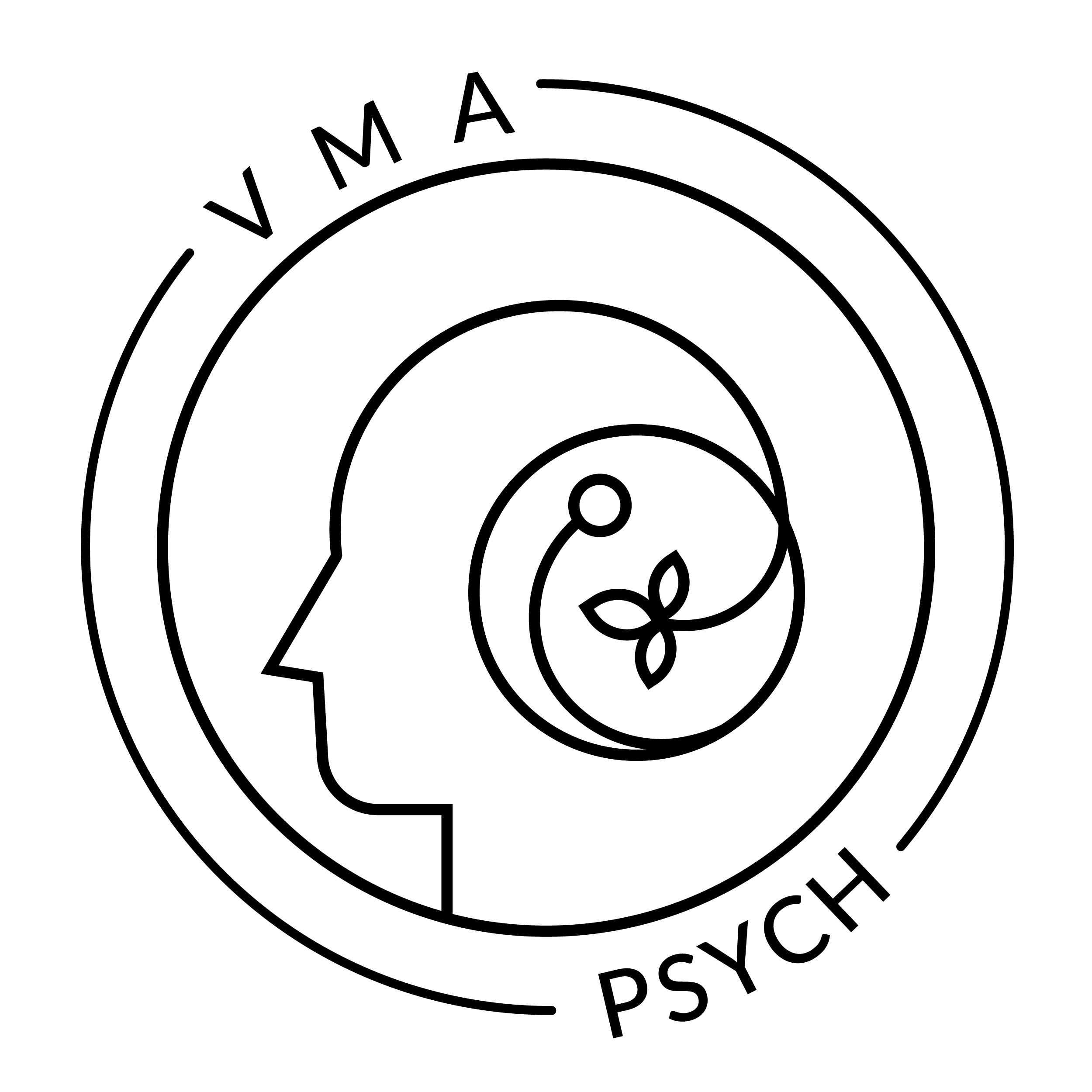Do I have ADHD or am I just lazy? ADHD is a neurodevelopmental disorder marked by persistent issues with attention, hyperactivity, and impulsivity, whereas laziness is often a misinterpretation of situational lack of motivation or interest. Understanding the difference between ADHD and laziness is crucial for addressing these issues effectively and compassionately.
What’s the Difference Between ADHD and Laziness?
What is ADHD?
Attention-Deficit/Hyperactivity Disorder (ADHD) is a neurodevelopmental disorder characterised by persistent patterns of inattention, hyperactivity, and impulsivity. These symptoms can significantly impair an individual's ability to function effectively in various aspects of life.
When Does ADHD Present?
ADHD symptoms often begin in childhood and can continue into adulthood. While symptoms may evolve over time, the core difficulties with attention, hyperactivity, and impulsivity typically remain.
Key Symptoms
Inattention: Difficulty sustaining attention, frequent careless mistakes, and problems with organisation.
Hyperactivity: Excessive fidgeting, restlessness, and difficulty remaining seated.
Impulsivity: Difficulty waiting for one's turn and interrupting others.
What is the Criteria for Diagnosis?
For an ADHD diagnosis, symptoms must be present for at least six months, be inconsistent with developmental level, and negatively impact social, academic, or occupational functioning. A comprehensive evaluation by a mental health professional is essential for an accurate diagnosis.
For more information on signs of ADHD, check out our article: 17 Signs and Symptoms of ADHD in Adults.
Defining Laziness
Laziness is often a misunderstood concept. It's commonly associated with a lack of effort or willpower, but this view overlooks underlying factors such as motivation and interest. Unlike ADHD, which typically involves neurological challenges, laziness is typically a situational issue.
Common Myths and Misconceptions
Laziness vs. Lack of Motivation: Laziness is sometimes confused with a lack of motivation or interest. People may label themselves as lazy when, in reality, they are struggling with motivational issues or burnout.
Cultural and Social Judgments: Societal views often stigmatised laziness without acknowledging the psychological or environmental factors at play.
Psychological and Environmental Influences
Several factors may contribute to feelings of laziness, including:
Lack of Interest: A person may struggle to engage with tasks they find uninteresting or irrelevant.
Burnout: Exhaustion from overwork or stress can lead to diminished motivation and perceived laziness.
Distinguishing ADHD from Laziness
Attention and Focus
ADHD: Individuals with ADHD experience chronic difficulties with executive functioning, going between states or inattention and hyper-fixation. This is not just occasional distraction but a persistent pattern affecting daily functioning.
Laziness: A lack of effort or motivation is usually situational and may vary based on the task or context.
Consistency of Behaviour
ADHD: Challenges with task completion and organisation are consistent and pervasive. Tasks are often left unfinished due to difficulties in sustaining effort and focus.
Laziness: Effort levels may fluctuate and are often specific to certain tasks or situations. A person might show high motivation for activities they enjoy while struggling with others.
Emotional and Cognitive Impact
ADHD: Emotional dysregulation, frustration, and self-criticism are common with ADHD. Individuals with ADHD may often feel overwhelmed or overstimulated, and can struggle with self-esteem.
Laziness: Laziness typically involves less emotional or cognitive distress. It may be more about developing healthy routines and adaptive behaviours and less about deep-seated cognitive/emotional challenges.
Determining if ADHD Might Be the Issue
Self-Assessment Tools
Self-assessment questionnaires can provide insight into whether ADHD symptoms align with your experiences. However, these tools have limitations and should not be used for self-diagnosis.
Seeking Professional Evaluation
A professional evaluation is crucial for an accurate diagnosis. Mental health professionals, such as psychologists and psychiatrists, can conduct comprehensive assessments and provide a diagnosis based on DSM-5 criteria. Expect a thorough evaluation that considers your symptoms, history, and the impact on your daily life.
If you're questioning whether you have ADHD, we can help. Book a free consultation call with our experts at VMA Psych to explore your symptoms and discuss potential next steps. Book your consultation now!
Managing ADHD and Overcoming Perceived Laziness
ADHD Management
Effective management of ADHD may include a combination of:
ADHD Coaching: Behavioral and cognitive therapies to develop executive functioning strategies.
Lifestyle Adjustments: Organisational tools, routines, and strategies to improve focus and manage time effectively.
ADHD Medications: Prescribed by a psychiatrist or family physician to help manage symptoms.
Practical Tips for Improving Focus and Organization
Use Planning Tools: Implement calendars, to-do lists, and reminders.
Break Tasks into Steps: Also known as “Chunking,” making large tasks more manageable by dividing them into smaller, actionable steps.
Create a Routine: Establish daily routines to enhance predictability and reduce distractions.
Enhancing Motivation and Productivity
Set Clear Goals: Define specific, achievable goals to increase motivation.
Develop Healthy Habits: Establish habits that support productivity, such as regular breaks and a balanced lifestyle.
Address Burnout: Identify and address sources of stress and exhaustion that may contribute to feelings of laziness.
When to Seek Professional Help
If you find that your difficulties with attention, focus, or motivation persist despite your efforts, it may be time to seek professional help. Persistent challenges that impact daily functioning and relationships warrant a thorough evaluation.
Types of Professionals to Consult
Psychologists: Specialise in assessments and therapy for ADHD. At VMA Psych, our team can assist with ADHD assessments and coaching.
Family Physician: Your family doctor can refer you or your child to a specialist for assessment. They work closely with psychologists to provide support and medication when necessary.
Psychiatrists: Can provide medication management for ADHD. While VMA Psych does not prescribe medication, we can refer you to a psychiatrist for this purpose.
DISCLAIMER
VMA Psych are not psychiatrists. We can recommend medications when necessary and work closely with your family doctor for prescription and treatment, but do not directly prescribe medication. As psychologists and psychotherapists we work closely with clients with ADHD to develop executive functioning skills and provide therapeutic treatments to support a healthy lifestyle. For personalised assistance and to explore your symptoms further, contact us at VMA Psych. We're alway here, and happy to help you navigate your journey towards a healthier, happier future.
Welcome to VMA Psych.
Your trusted provider of exceptional mental health services in the GTA & beyond. Learn More
With 40+ years as Toronto's leading psychologists, we guide individuals through life's complexities, offering specialized services for a brighter future.




















